UPDATE | November 1, 2022
Do you know the difference between "excited" and "excited"? What about the difference between "I'm happy" and "Fun", and between "I don't know" and "I don't know"? In this column, we have summarized how to use similar words and how to distinguish between them.
INDEX
Do you know the difference between "excited" and "excited"? What about the difference between "I'm happy" and "Fun", and between "I don't know" and "I don't know"?
In this column, we have summarized how to use similar words and how to distinguish between them.
The anime "SPY×FAMILY" is currently popular in Japan. "Wakuwaku" is a word often used by the girl "Ana" in the anime. A similar word is "doki doki". Do you know the difference between "excited" and "excited"?
“Wakuwaku” is the feeling of anticipation for what will happen in the future. For example, you get excited about tomorrow's trip, party with friends, or the movie you're about to see. I often use "wakuwaku" when I have fun plans.
"Dokidoki" is used when you are anxious or nervous about what will happen in the future. For example, before an important test, before going on a first date, or when giving a presentation in front of everyone, I feel my heart pounding. "Dokidoki" is often used in romantic scenes.
Also, dokidoki can be used in the past tense as "dokidokishita". Use it after feeling nervous or anxious. "Excited" is rarely used in the past tense.
[PR]
“Happy” and “fun” are often confused by people studying Japanese. Do you know how to use these two?
"I'm happy" is used when you receive something from someone else or when something good happens. For example, when we receive a present, when we pass an exam, when we get a lover, when we are praised, we use "happy".
"Tanoshii" is used when you feel good doing something. For example, when playing sports or playing games, when chatting or playing with friends, when attending a party or event, we use tanoshii.
What are the things that have made you happy or fun recently?
A: Do you have any plans for the weekend?
B "Hmm, I don't know."
Mr. B should use "I don't know" at this time.
"I don't know" is used when you are asked about your plans or thoughts, and when you don't know the correct answer to the question. When I answer this question with "I don't know", it feels a little strange. Use "I don't know" when you are being asked about yourself.
"Shirimasu" is used when you have never heard of the name of a thing, product, place, news, etc. "Do you know this news?" "Have you ever heard of a shop called 〇〇?"
However, if the other person is interested in something like, "Where did you buy this bag?" or "Is that person new?" . In this case, using "I don't know" would be easier.
What is the difference between "Thank you" and "Thank you very much"? Consider the case of a Japanese language school or university class.
When you ask a question to the teacher and get the answer, use "Thank you". At the end of class time, use "Thank you very much."
Thank you
"Arigatou gozaimashita" is when the time is over, when the relationship is over
Consider a part-time job. Say “arigato gozaimasu” to the customers who came to the store, and “arigato gozaimashita” to the customers who left the store. In conversations with seniors, I say, “Senior, thank you for everything,” and about the past, I say, “Senior, thank you for the last time.”
This time, I summarized how to use similar words and how to use them properly. Words may be used differently depending on the person or place. In the case of part-time jobs, the correct way to say it may be determined in the manual. Please listen carefully to the Japanese spoken by people around you and try to imitate them.

I teach Japanese at Japanese language schools and universities in Kyushu. I love games and manga. I also work as a coordinator and web writer to create a local Japanese language class for those who are studying Japanese.
[PR]
[PR]